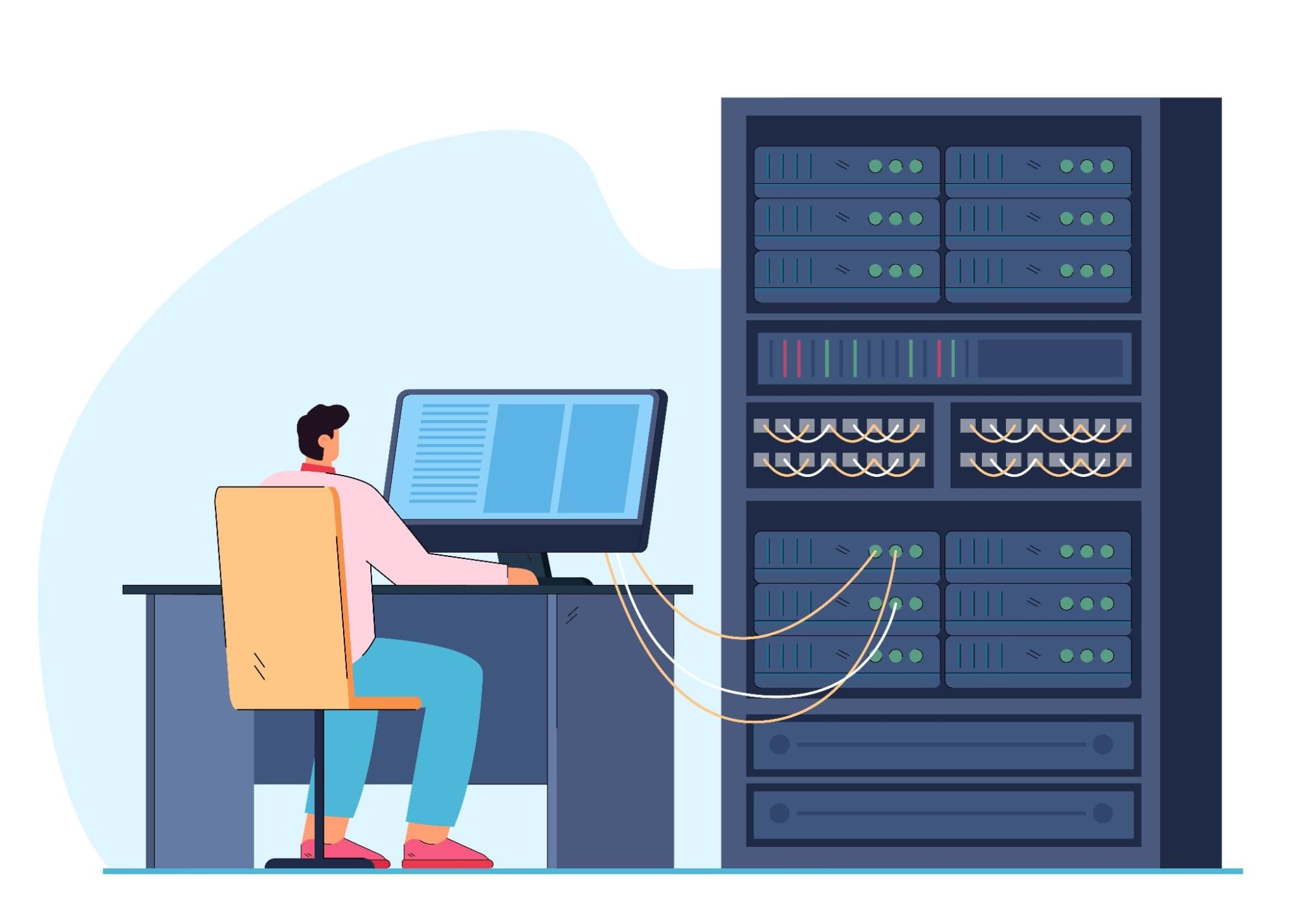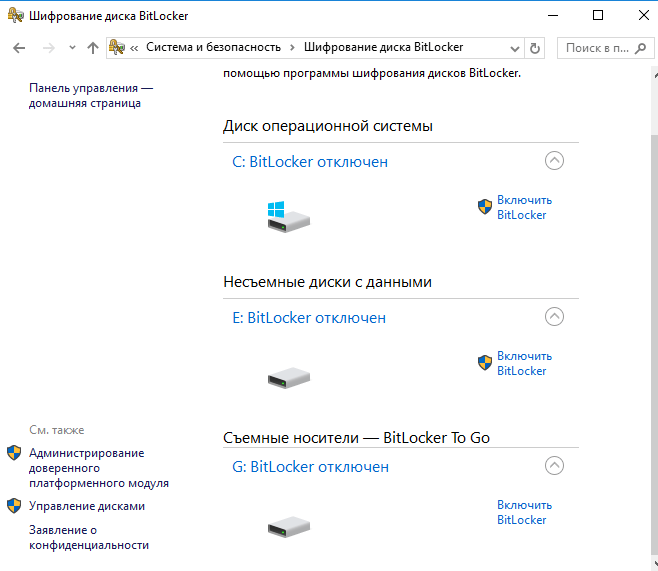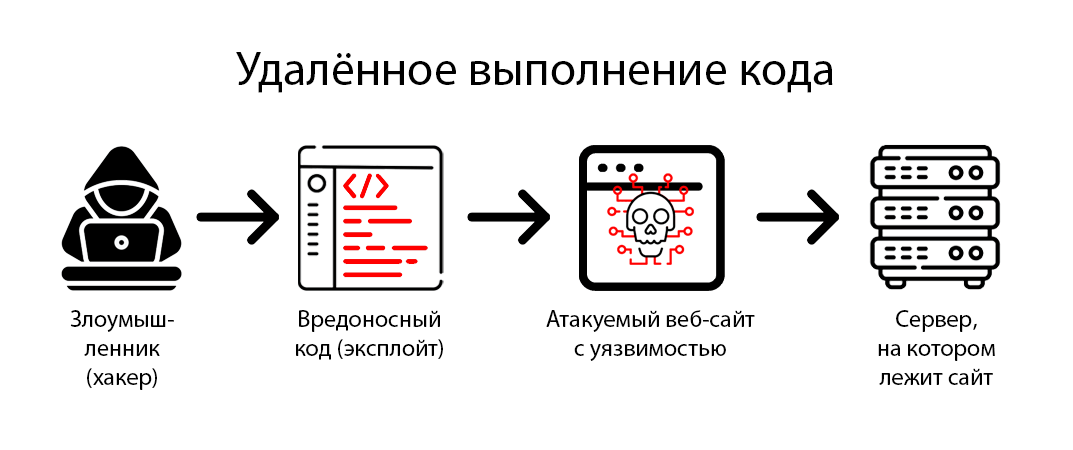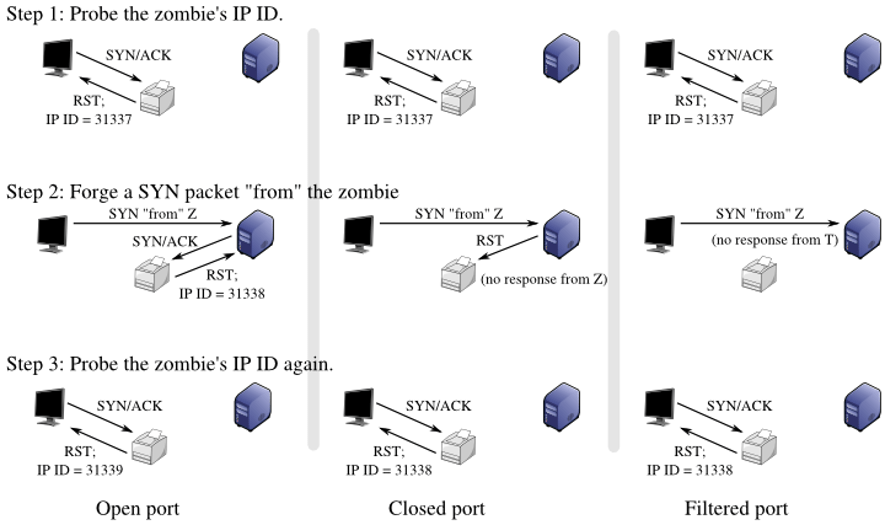Protecting Your Server from Attacks via Malicious Scripts
1. Update Software
One of the primary ways to protect your server from attacks via malicious scripts is to regularly update all software components. This includes the operating system, web server, databases, programming languages, and other installed applications. Vulnerabilities that can be exploited by attackers are often fixed by developers in new versions of the software.
2. Install a Firewall
A firewall is specialized software that controls incoming and outgoing network traffic on the server. Installing a firewall allows you to restrict access to the server to only specific users or IP addresses, which reduces the risk of attacks via malicious scripts.
sudo apt install ufw
sudo ufw enable
sudo ufw default deny incoming
sudo ufw default allow outgoing
3. Use HTTPS and SSL
To protect data transmission between the server and the client, it is recommended to use a secure HTTPS connection with the SSL (Secure Sockets Layer) encryption protocol or its modern variant, TLS (Transport Layer Security). This encrypts the data transmitted between the server and the client and prevents attackers from intercepting information.
4. Restrict Access Permissions
To prevent attacks via malicious scripts, you must restrict access permissions to files and directories on the server. Each user should have the minimum necessary set of permissions to avoid accidental or intentional modification of system files.
sudo chmod -R 644 /var/www/html
sudo chmod 755 /var/www/html
5. Use Web Proxies and Reverse Proxies
Web proxies and reverse proxies can be used to filter malicious traffic, block specific IP addresses or domains, and cache static resources. These tools help protect the server from attacks and improve the performance of web applications.
6. Monitor Events and Logs
Regular monitoring of events and logs on the server allows you to quickly respond to anomalous situations and attacks. Logs, audit trails, and other information help identify vulnerabilities, attacks, and unauthorized access to the server.
7. Use Web Filtering and Antivirus Software
Additional security measures can be taken using web filtering, antivirus software, and other tools for detecting and blocking malicious scripts. These tools can help detect and block threats before they affect the server.
8. Regular Backups
Creating regular backups of the server is an important step in protecting data from malicious scripts and attacks. Backups allow you to quickly restore the server in the event of data loss or file corruption.
9. Train Staff
Training staff on information security and correct methods of working with the server also plays an important role in protecting against attacks via malicious scripts. Raising employee awareness will help prevent many types of attacks and reduce the risk of security incidents.
In Conclusion
Protecting your server from attacks via malicious scripts requires a comprehensive approach that includes updating software, installing a firewall, using HTTPS and SSL, restricting access permissions, monitoring events and logs, using web proxies and reverse proxies, antivirus software, regular backups, and staff training. Following these measures will help strengthen server protection and reduce the risk of potential attacks.





